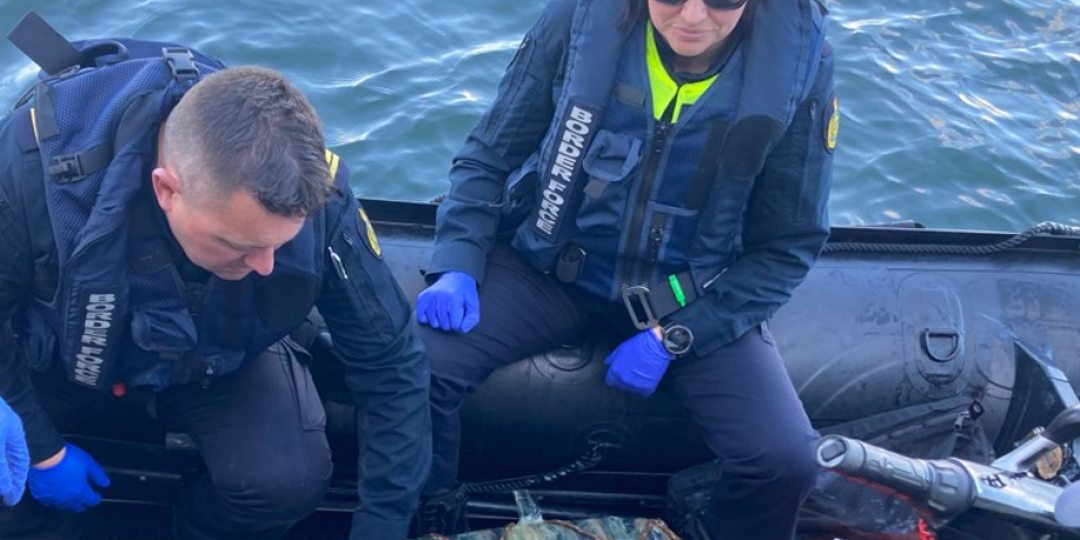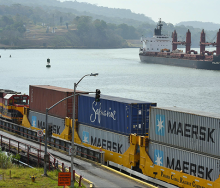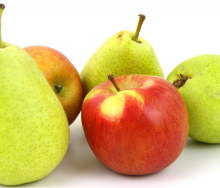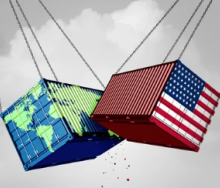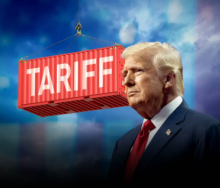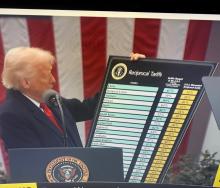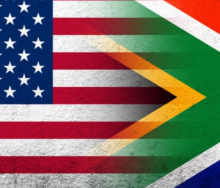The Australian Federal Police (AFP) force has appealed to the public for information after authorities seized more than 200 kilograms of cocaine concealed in the hull of a cargo ship, which first docked in the Port of Melbourne.
Australian Border Force (ABF) officers used an underwater remotely operated vehicle (ROV) to search the vessel that docked in Melbourne’s Maribyrnong Terminal after it had travelled from Argentina via New Zealand.
ABF officers using the ROV identified a suspicious hull attachment in the ship’s sea chest, an area of the vessel that contains pipes used to pump seawater into and out of the ballast tanks.
Specialist divers from Victoria Police Search and Rescue Squad retrieved packages of cocaine from inside the sea chest which were then seized by the AFP.
The AFP seized a total of about 200kg of cocaine from the ship – with an estimated street value of AU$80 million (R978,7 million) – and began an investigation to identify the source of the drugs and its intended destination.
AFP Commander Richard Chin said attachments underneath the waterline of cargo ships had been regularly noticed by law enforcement over the past two decades, and retrieval of the containers could lead to the death or serious injury of drug smugglers who have to dive to recover the drugs.
“This concealment method is not new,” Chin said.
“This seizure is another case of law enforcement remaining one step ahead of criminals attempting to bring harmful, illicit drugs into our country and into our community.
“The focus of our ongoing investigation remains on identifying and locating the transnational serious organised crime groups responsible for this attempted import, and the people working for them in Australia to receive and distribute these drugs.”
The ship and crew were permitted to continue its journey after it was searched. It travelled from Victoria across to Western Australia, and then back to South Australia.
Chin urged anyone with information relating to the seizure, or suspicious activity in ports in all three states, to come forward.
“It could be something small from an unusual boat purchase paid in cash, through to suspicious activity at one of our ports. Every piece of information reported to law enforcement can help put together the picture to help us find those responsible.”
ABF Maritime and Enforcement South commander, Clinton Sims, said Australia was being targeted by organised crime groups moving illegal drugs through the border using parasitic hull attachments on commercial ships.
“In response, the ABF is utilising submersible ROVs to enhance our ability to conduct mass screening of shipping vessel hulls and void spaces to detect below-the-waterline concealments of illegal drugs,” Sims said.
